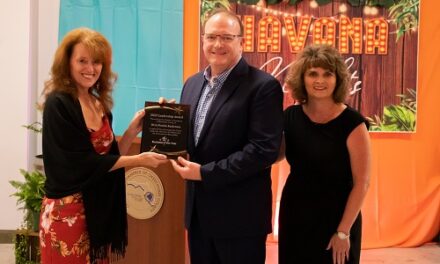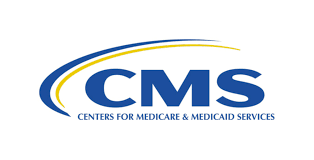March 23, 2022 – In an effort to increase awareness and early detection of Alzheimer’s and other dementias across the state, the Florida chapters of the Alzheimer’s Association are launching a new program for all Floridians.

According to Julie Shatzer, vice president of programs for the Alzheimer’s Association’s Florida chapters, the organization will seek to educate Floridians about dementia through a brief online program called “ALZ STARS.” With support from the Florida Department of Elder Affairs, the program will allow participants to learn more about early warning signs, how to get diagnosed, care and communication strategies, and the various resources available to all those affected by dementia.
“The truth is that, although Alzheimer’s and dementia are becoming more common, they are still widely misunderstood,” Shatzer said. “For instance, there is a common misconception that dementia only affects the elderly. Through early detection efforts, however, we are seeing more and more adults in their 40s and 50s receive dementia diagnoses, gifting them with the one thing all those facing dementia wish they had more of: time.”
That time, Shatzer noted, is crucial for families as they begin navigating life with dementia as it allows the diagnosed individual to take part in important care planning decisions.
According to the Alzheimer’s Association, more than 6 million Americans are currently battling Alzheimer’s disease. Florida has the second-highest prevalence of the disease in the nation with more than 580,000 diagnosed residents. By 2025, that number is projected to reach 720,000.
Alzheimer’s is also a costly disease. By 2050, the Alzheimer’s Association projects that the national cost of care for those with Alzheimer’s and other dementias will total nearly $1 trillion. But, if all Americans alive today who will develop Alzheimer’s could be diagnosed prior to the onset of dementia, the association estimates that approximately $7 trillion in collective health and long-term care costs could be saved.
For Bradenton resident Deborah Jobe, receiving an early dementia diagnosis has made a world of difference.
“As an individual diagnosed with early-onset dementia at age 53, I was fortunate to receive my diagnosis during the early stages,” said Jobe, who serves on the Alzheimer’s Association National Early-Stage Advisory Group. “This allowed me to engage in intervention strategies such as cognitive speech, physical and occupational therapies; nutrition and exercise counseling; and take part in my long-term care planning decisions. I believe these interventions are extending my quality of life.”
The ALZ STARS program is available online at alzstars.org. Those who complete the program will receive a certificate identifying them as an “ALZ STAR.”
For additional resources and support, visit alz.org or contact the Alzheimer’s Association 24/7 Helpline at (800) 272-3900.
About the Alzheimer’s Association
The Alzheimer’s Association leads the way to end Alzheimer’s and all other dementia – by accelerating global research, driving risk reduction and early detection, and maximizing quality care and support. Our vision is a world without Alzheimer’s and all other dementia. Visit alz.org or call (800) 272-3900.




























